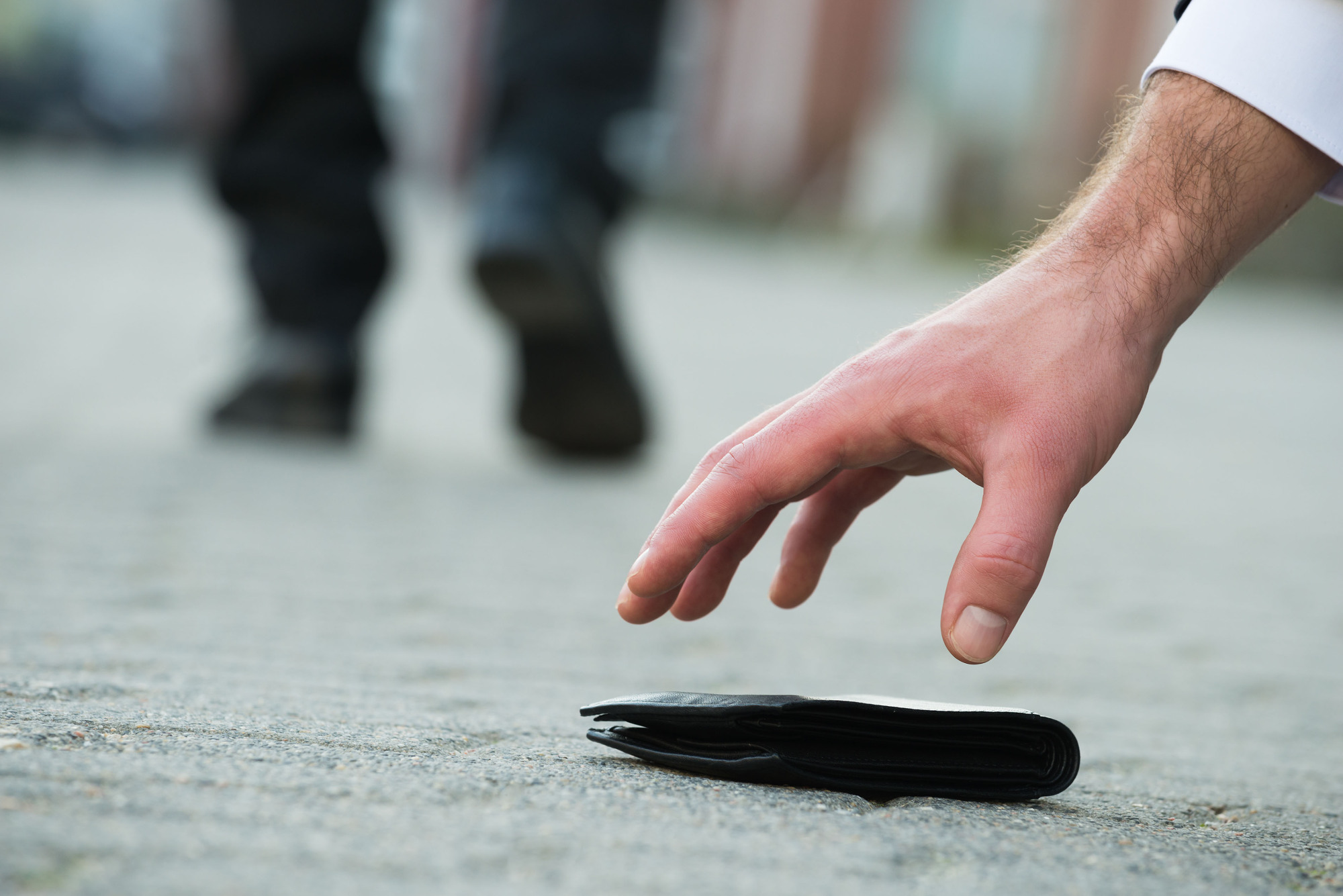You have lost your wallet. Inside are your business cards with your email address. How likely is it that you will receive a message telling you that it has been found? If the wallet has money in it, does that improve, or reduce, the odds that you will get it back, with its contents intact?
To ask these questions is also to ask to what extent most people are basically honest, or care about strangers. Some evolutionary psychologists argue that altruism is limited to our kin and to those who can reciprocate whatever help we give them. Is that too cynical? Last month, researchers from the United States and Switzerland shed some light on that question when they published the results of a huge and ingenious study involving more than 17,000 "lost" wallets in 40 countries.
At banks, theaters, museums, hotels and public offices in 355 different cities, research assistants handed in a wallet, telling the person at the counter that they had found it on the street, but were in a hurry. The assistant then asked that person to "please take care of it" and left without providing contact details or asking for a receipt.

















With your current subscription plan you can comment on stories. However, before writing your first comment, please create a display name in the Profile section of your subscriber account page.